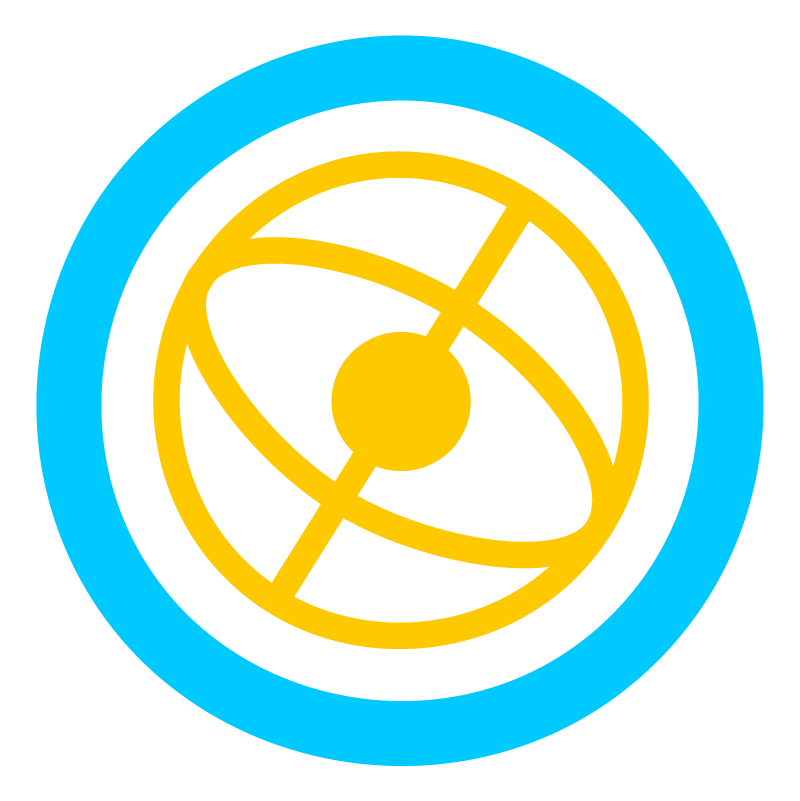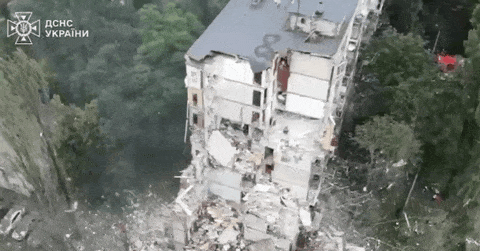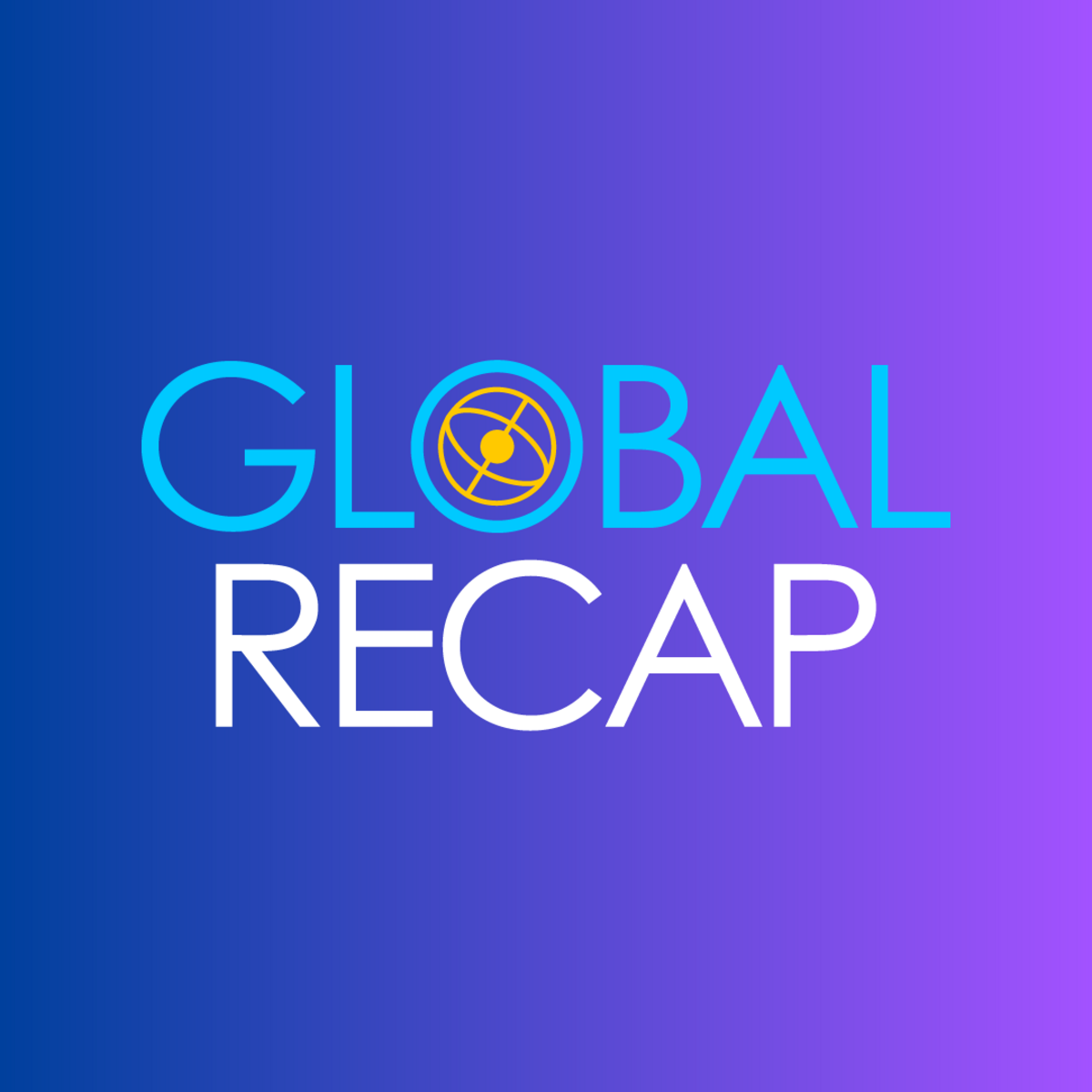
Hi Global Recap readers,
I just had to do it today.
In today's Deep Dive, I respond to a particular comment from one of our readers responding to yesterday's poll. While I ultimately disagree with their stance, I found myself wholeheartedly agreeing with the premise and a few key details of their argument.
Here’s how I’ve structured it:
My purely idealistic take (with a direct response to the commenter) • The flaws in my argument
A reconciliation between idealism and real-world nuance
I tried to keep it short… but it grew. So if you’re up for a longer read, enjoy!
(And thank you so much to everyone who responded—especially the particular reader I am addressing below!)
🌐 WORLD
Fast Scroll News
🇵🇸 Hamas Rejects Disarmament
Hamas just shot down a new international push to disarm, vowing resistance “won’t stop” until Israel’s occupation ends and a Palestinian state with Jerusalem as capital is established.
Declaration: Recently, Saudi Arabia and France, with Egypt, Qatar, and the Arab League, demanded Hamas hand over weapons to the Palestinian Authority.
Goal: The bloc wants the Palestinian Authority to govern all Palestinian territories as a step toward a two-state solution.
Condemnation: The Palestinian Islamic Jihad terror group just released a video of hostage Rom Braslavski, who was taken by Hamas on October 7, 2023. His family says that he looks broken and "thin," while the pro-Palestine crowd is quick to say this is nothing compared to the chaos Palestinians are going through.
🇸🇻 El Salvador Scraps Limits

El Salvadoran President, Nayib Bukele.
El Salvador’s ruling party just greenlit indefinite presidential reelection and stretched the presidential term to six years, all in one late-night legislative blitz.
Vote: New Ideas party and allies passed the changes 57–3, crushing opposition in the assembly.
Justification: Lawmaker Ana Figueroa argued, “All of them have had the possibility of reelection…the only exception until now has been the presidency.”
Timeline: Bukele’s term, originally set to end in 2029, could now wrap up in 2027 so presidential and congressional elections align—giving him a shot at a longer term even sooner.
Pushback: The Nationalist Republican Alliance’s Marcela Villatoro warned, “Democracy in El Salvador has died!”
🇲🇲 Myanmar Ends Emergency

Acting President Min Aung Hlain.
Myanmar’s generals just called off their four-year state of emergency, the one they slapped on after their 2021 coup, and they say elections are coming this December.
Power: Senior General Min Aung Hlaing is now acting president, basically shifting the same faces into new chairs.
Boycott: Opposition groups, including Aung San Suu Kyi’s National League for Democracy, refuse to take part, calling the whole thing a sham.
Violence: The country’s stuck in a civil war, with “People’s Defense Forces” and ethnic militias still fighting the military.
Spin: Military spokesperson Zaw Min Tun claims this is a step toward “multiparty democracy,” but nobody’s buying it.
📌 Context: The military seized control in February 2021, ousting the elected government and fueling years of violent unrest. Now, they’re hoping a disputed vote will buy them some international legitimacy, but the generals still hold all the cards.
🇺🇦 Russia Bombs Kyiv Again
Trump gave Putin ten days to halt the attacks, but just past midnight Thursday, Russian missiles and drones tore through Kyiv—16 dead, 155 wounded.
Sequence: Drones hit first, followed by ballistic missiles at 4:30 a.m., one a nine-story building.
Scale: More than 25 city locations hit, with an apartment block leveled and hospital windows blown out.
Rebuke: Putin’s response looked deliberate, with many interpreting as him mocking Trump’s ultimatum.
Response: Zelenskyy posted wreckage footage calling Russia “terrorists”; rescue teams still digging.
Care: Prior to this, on Truth Social, Trump told former President Medvedev to "watch his words" because "he's entering very dangerous territory."
🇺🇸 Trump Delays Tariffs

Trump just hit pause on his own trade grenade, shoving the start of his sweeping import taxes back seven days from Aug 1 to Aug 7, leaving just about everyone guessing what’s next.
Order: He signed a late-night order on July 31 after vowing a firm Aug 1 start.
List: The duties hit 68 countries plus the EU, targeting nearly $3 trillion in US imports.
Numbers: Canada’s tariff jumps to 35%, Switzerland spikes to 39%, Liechtenstein drops to 15%, while countries like India and China get a week’s reprieve to cut deals.
Fentanyl: Canada’s 25% rate holds for 90 days, while fentanyl-linked imports jump to 35%.
Inflation: Prices are already creeping up, with the Fed holding rates steady and warning, “there’s much more to come.”
📌 Context: This move extends a long-running tariff push built on a 1977 emergency-powers law, now under legal scrutiny and fueling market uncertainty.

📊 POLL
Results and Response
(LONG)

“Do you think this is government overreach?”
Yes: 59%
No: 28%
I am in the middle: 13%
Thank you for all your responses!
I would like to remind new readers that my stance on this is "Yes." However, one disagreeing comment caught my attention. Surprisingly, I found myself agreeing with the first part of the argument.

Education
I’ve always emphasized education, education, and education. Just as much as I champion free-thinking, I believe it’s critical to equip people (especially the young) with the tools to discern truth from falsehood, and right from wrong.
That said, the cornerstone of free expression is the ability to access and debate even the most controversial topics.
We arrive at truth not by censorship, but by stress-testing our ideas in the messy, open marketplace of thought.
That process becomes impossible if access to information is restricted from the start.
Why?
Free speech isn’t something cultivated—it’s an innate human tendency.
The very concept of “free speech” only exists because institutions, like governments, suppress our natural impulse to express ourselves. If that impulse weren’t being restricted, we wouldn’t need to qualify speech as “free” in the first place. There’d be no contrast to draw—no “unfree” speech to push back against.
In this case, the government seems to believe that neither parents nor children can be trusted to make informed decisions about content, and so it steps in as a proxy to “protect” them. But in doing so, it restricts a fundamental human faculty: the freedom to explore, think, and judge independently.
Contradiction
Ironically, many of the same ideological groups pushing for such protective censorship also advocate for lowering the voting age to 16.
While I don’t assume for a second that this applies to the commenter in question, the broader trend raises an important contradiction:
“How can someone be mature enough to vote, but not to decide what content to watch?”
False Equivalence
There’s another issue I take with a overly-simplistic all-or-none approach to legal restrictions like this:
“If we have a law against this, why not a law against that?”
This line of reasoning misses an essential truth: not all restrictions are equal. There’s a spectrum, which brings in subjectivity and nuance. Context matters.
To suggest that any existing regulation justifies every potential regulation is a false equivalence—and worse, it becomes a gateway to broader, unchecked censorship.
That logic leads us down a narrow road:
It’s YouTube today.
Tomorrow, someone says, “Well, if we restrict YouTube, why not that podcast, or that book, or that community forum?”
My Flaw
That brings me to the flaw in my argument. The reality is, we already accept that age-based restrictions exist in many areas of life:
Alcohol, drugs, and driving all have legal age limits.
These restrictions aren’t just about capability, but about risk, judgment, and consequences.
The state steps in not necessarily to suppress rights, but to mitigate potential harm to individuals and society.
So why should access to online content, especially content deemed harmful, be treated differently?
The Line: Protection / Suppression
This is where the debate gets difficult.
On one hand:
Shielding children from extreme or manipulative content makes intuitive sense.
Not all children (or even adults) are equally equipped to filter misinformation or resist harmful ideas.
Some degree of age-based content control can serve a protective role.
But here’s the danger:
Where is the line between protection and control?
When governments act as gatekeepers of information, especially through blanket bans or platform-wide censorship, they don’t just limit harmful content—they may limit all content, including valuable, dissenting, or educational voices.
And worse, they outsource moral judgment to a centralized authority, rather than nurturing individuals’ ability to make those judgments themselves.
My Position
So, to clarify where I stand:
Yes, education and digital literacy should be our first line of defense.
Yes, some form of moderation is reasonable for young children—but it should be nuanced, transparent, and preferably left to parents and guardians, not governments. But of course, what is "moderate" is extremely subjective.
No, blanket censorship of platforms like YouTube, especially under the guise of protecting minors, is not a proportionate or effective solution.
What do you think? Hopefully, both the reader’s argument and mine gave you something new to consider (maybe even challenged a few assumptions). After all, that’s what freedom of expression is all about!



